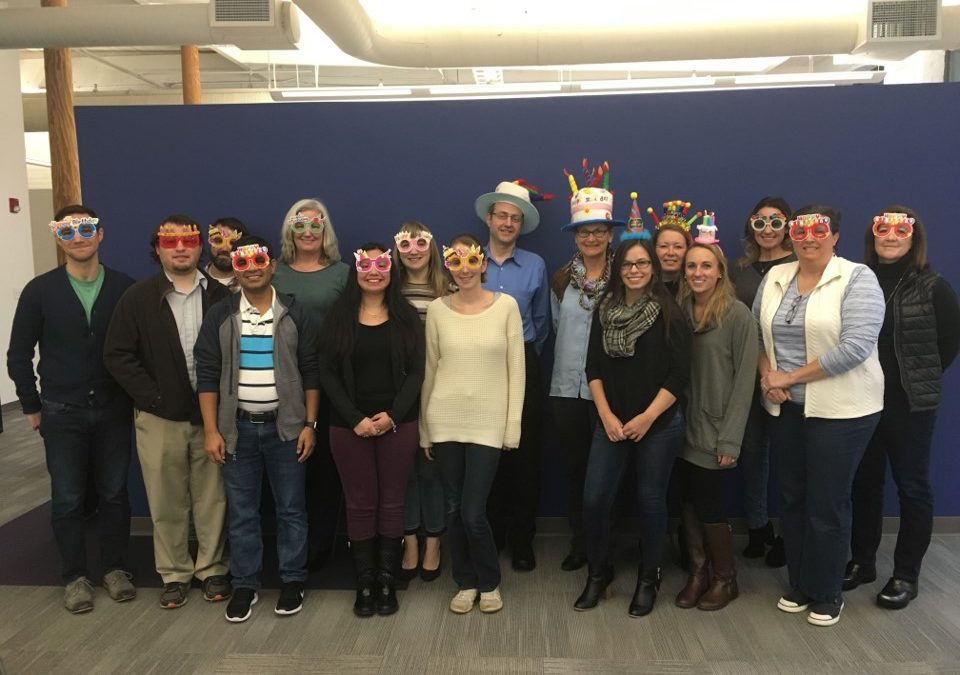What’s Wrong With This Picture?

(But yes, our 20th birthday was last year)…
This one: a recent article published in Nature
about a de novo IL-2 mimetic.
Interleukin-2 (IL-2) is a potent anti-cancer treatment that stimulates the immune system. Unfortunately, its toxic side effects have limited its clinical usefulness. Using computational design methods, researchers have created a new mimetic that shares the therapeutic properties of IL-2, yet eliminates the harmful effects. Where could this go wrong?
For starters, the protein mimetic may trigger off target effects …what if there is another receptor on another cell that you haven’t tested yet? No toxicity in mice does not mean no effects in humans! Look at the CD28 debacle by TeGenero!
Well of course there’s always immunogenicity! Preclinical gurus know that along with Specificity, Affinity and Developability, Immunogenicity is a key factor in novel protein success. People in the know use the ISPRI toolkit to reduce their risk.
Immunogenicity risk is still very real, as reports of a new case of pure red cell aplasia (PRCA) associated with human erythropoietin (rhEPO) are any indication. The good news now is that HLA typing had been performed for this clinical trial, and T cell response was confirmed. Initial reports point to a ‘danger factor’ (Tungsten!) as well as cell-mediated immune responses.
Guess what!
Aggregates and Host Cell Proteins Can be Problematic
Thanks John McC!
Babraham Immunogenicity Seminar was a success!
Where to Next? Seoul, South Korea!
March 4th, 2019 marks the date for our Seoul Immunogenicity and Tolerance Seminar, taking place at the JW Marriott Seoul. Experts will share advances in vaccine design and protein drug development, as well as current research on Tregs, Tregitopes, immunogenicity, deimmunization, and tolerance induction. We look forward to this event!
Other Upcoming Epi-Travel
European Immunogenicity Platform – Lisbon, Portugal: Meet with EpiVax on February 25-27 at the Altis Hotel and learn about our proprietary immunogenicity assessment tools.
AsiaTIDES – Tokyo, Japan: We’re bringing PANDAs to Asia! We will be in Tokyo on February 26-28 to talk about the Peptide Abbreviated New Drug Application Immunogenicity Risk Assessment Approach, which addresses the draft guidance by the FDA that requests in silico analysis for immunogenicity.
BIO Asia International Conference – Tokyo, Japan: Asian biotech and pharma companies will be meeting with EpiVax on March 5-6 at the Grand Hyatt Tokyo.
To learn more about our services, contact our Business Development Team:
Katie Porter (kporter@epivax.com)
Sarah Moniz (smoniz@epivax.com)
Or click here to join our newsletter!


